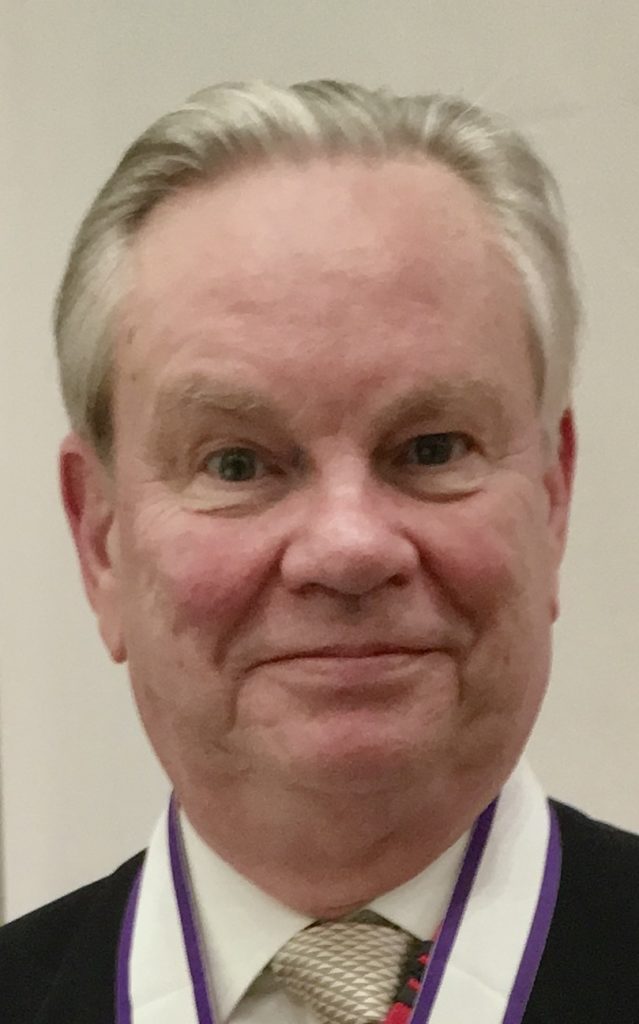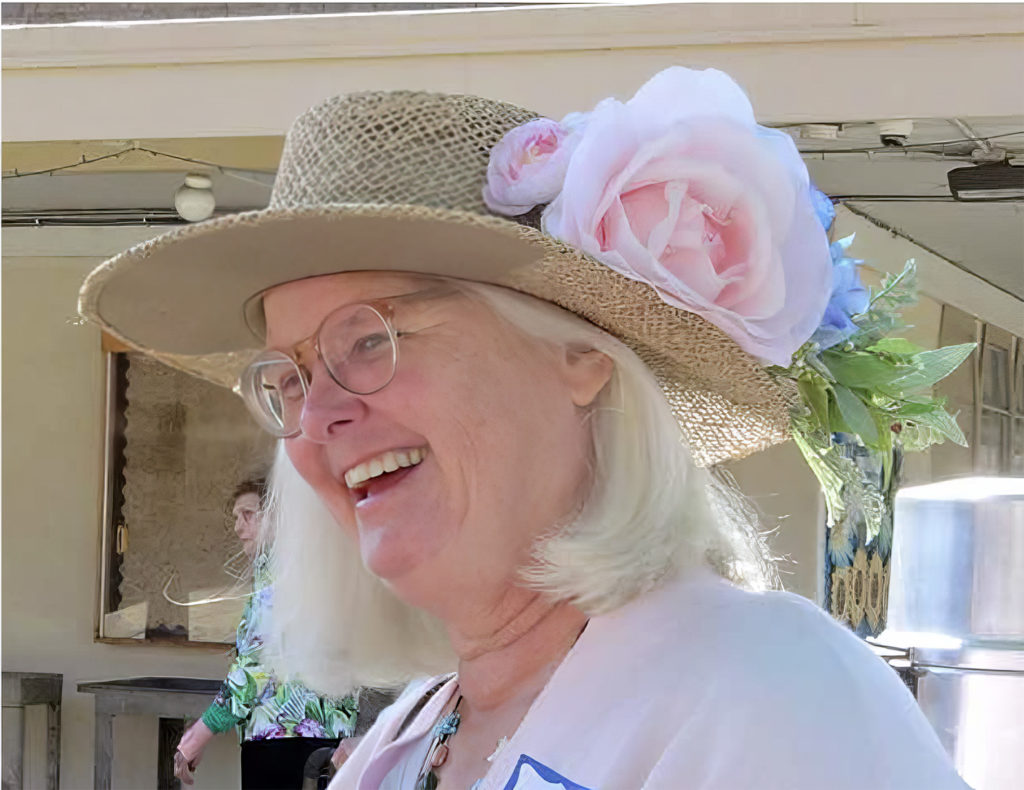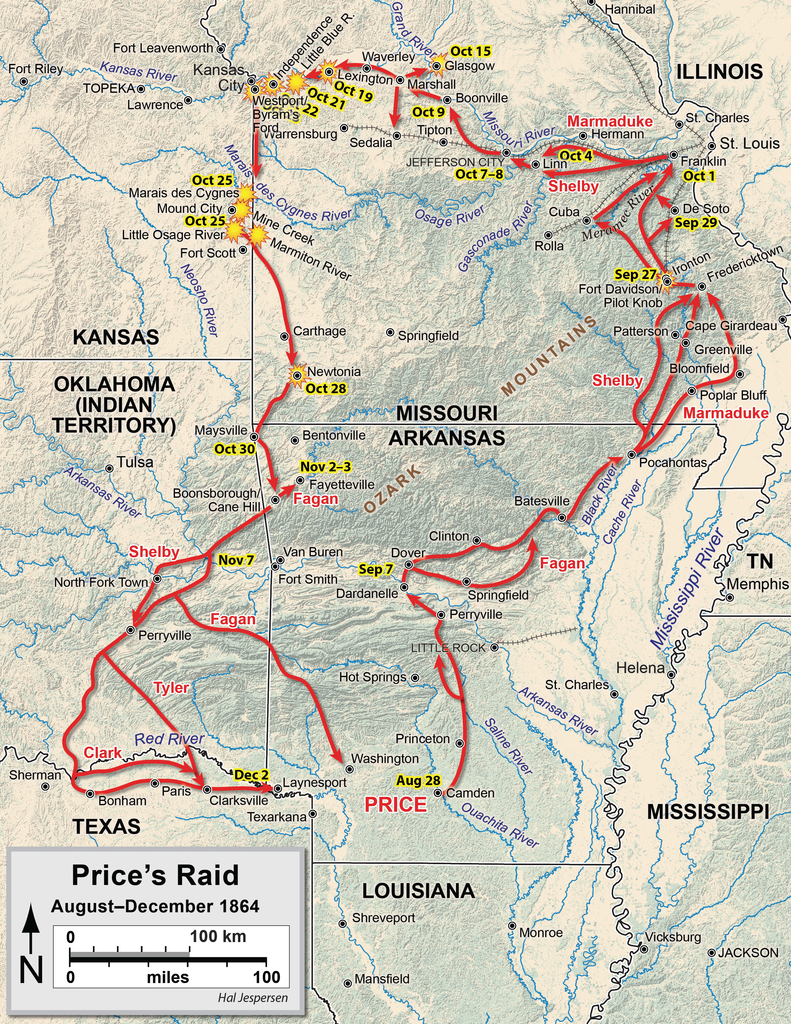Stephen Kirby on “Naval Warfare in the Valley of the Mississippi River (1862-1865)”
Stephen’s great grandfather, Joshua Tecumseh Kirby, served nearly three years in the Union Army as a Private in Company G of the 76th Illinois Volunteer Regiment. For some years he has studied his service that was under overall command of Grant, Sherman, and other Union generals in the Mississippi Valley. The Civil War in this western campaign saw the development of many technological advances in steam-powered riverboats and related weaponry and a very successful combined operations of the U.S. Navy and Army that led to the clearing of the Mississippi River system from Confederate control by the summer of 1863 and the splitting of the Confederacy. It has been said that the taking of Vicksburg is one of the three salient Union victories that led to the re-election of Abraham Lincoln in 1864 and ultimately the end of Civil War and the end of abomination of slavery in the U.S.. Joshua was involved in many of the key battles east of Vicksburg and the Union siege of the strategic city, as well as in the defense of nearby Jackson. He also fought in the last large-scale battle of the Civil War in the costly taking of Fort Blakely and Spanish Fort near Mobile, Alabama.
After the war, Joshua T. Kirby became a successful farmer and later also taught himself to be a skilled mechanic and dealer in early steam-powered agricultural equipment. He was likely influenced by the use of steam in riverboats on which he was frequently transported during the war.
Stephen Kirby is a semi-retired geologist and will also briefly show how some aspects of warfare along the Mississippi River systems were greatly influenced by the hydrology and geology of this giant river system.



